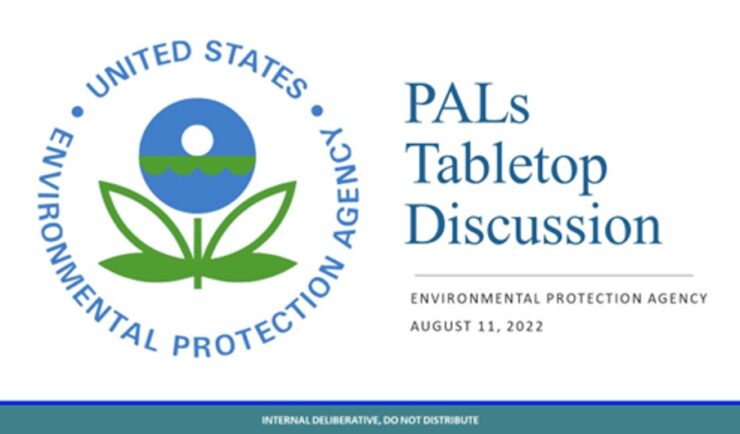Since 1982, members of our staff have supported EPA’s Office of Pesticide Programs. As part of this contract, our staff assess environmental and human health impacts on anthropogenic chemicals. The agricultural industry is critical to food and textile production, it is a large contributor to the U.S. economy. Not only does the industry provide food and materials for the U.S., it also provides products that are high-demand exports for other countries. Our dedicated staff help support this important industry by helping to ensure products used by the agricultural industry aren’t adversely impacting humans, animals, and the surrounding environment.

Our work consists of
- Evaluating pesticide residues in food and feed crops as well as livestock
- Evaluating mammalian toxicity data for agricultural and industrial chemicals
- Determining critical end-points, no-observed-adverse-effect levels and lowest-observed-adverse-effect, reference doses or reference concentrations, and cancer values
- Assessing risk and analyzing weight of evidence
- Evaluating chemical toxicity to non-target species
- Determining no-observed-adverse-effect levels and lowest-observed-adverse-effect levels
- Monitoring movement, metabolism, and degradation of chemicals in the environment
- Evaluating regulatory compliance and quality assurance
For 41 years our staff have been providing these services to EPA’s Office of Pesticide Programs, making this contract our longest client relationship!


See More CSS Insights

Responding to HazMat Spills
CSS supports several Centers for Disease Control and Prevention (CDC) campuses throughout the U.S. On-site CSS personnel are trained in hazardous material spill response and clean-up and provide this support within buildings and throughout campuses. As part of our contract with the CDC Hazardous Waste Program, CSS hazmat-trained employee owners are responsible for safely collecting,…

Webinar Support for Emergency Chemical Release Response
Our staff assisted the EPA team in developing the webinar event, acted as moderator, and provided technical support.

Ensuring Smooth Operations at Blue Origin Facilities
At CSS, we’re proudly to plays a vital role in supporting Blue Origin’s groundbreaking endeavors in Texas and Washington. Our dedicated team is at the forefront of facilities and hospitality services, ensuring that every operation runs seamlessly. CSS employee owners are integral to the success of Blue Origin’s Texas launch and testing activities. With highly…
